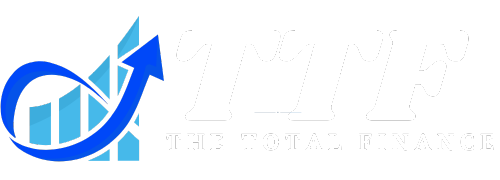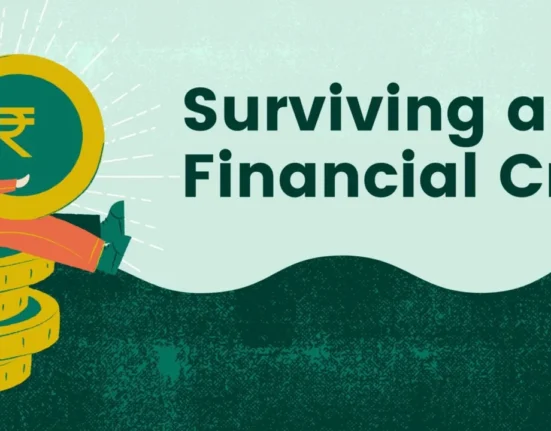Financial freedom with long-term stability begins with saving money effectively. Your financial success depends on proper money saving tips to achieve big purchases and emergency savings and secure your future. Maintaining smart spending habits alongside regular money-saving efforts will help you save money without negatively affecting your way of life. Using both discipline and appropriate ways to save money allows small daily expenses to accumulate and reach your financial targets much faster.
Effective Budgeting – The First Step to Saving More
Everyone needs to develop a clear budget before implementing specific money saving tips. Budgeting helps people maintain control over their money by keeping tabs on their earnings and spending and their saving needs. Here’s how you can start:
- List all your expenses – Make a complete list of your monthly expenses to understand where your money goes.
- Set spending limits – Budgeting requires setting specific spending limits so you allocate established monetary thresholds to necessary expenditures including rent utilities and groceries.
- Track and adjust – You should monitor your budget through constant analysis to make required modifications.
Now, let’s explore some of the best way to save money and build a secure financial future.
Create a Budget and Stick to It
Realistic budget-making stands as one of the most successful approaches to money saving tips. Having a budget allows you to monitor both your incoming money and your outgoing expenditures to maintain complete awareness of your financial flow. Begin by writing down your monthly income together with your fixed regular payments including rent and utilities and your grocery costs. Set aside a portion of your monthly income for savings purposes. Budget management success requires continuous adherence to your financial plan while you avoid all unnecessary expenses.
The process of budgeting becomes easier by using apps that categorize your expenses and show insights about your spending habits. You can detect excessive spending through this approach so you can make the required adjustments. The purpose of a budget is not to limit your options but to empower you to understand and manage your financial choices.
Automate Your Savings
If you’re looking for the best way to save money, consider automating your savings. To save money without thinking you should establish monthly automatic transfers between your checking account and savings account. You end up saving money automatically by using this approach. Regular small financial deposits will build into substantial sums over some time.
The practice of automation eliminates all uncertainty when saving and maintains steady financial contributions. Your savings will improve substantially by dedicating just 5 to 10% of your income to savings. Most banks enable their clients to establish multiple saving accounts that cater to individual financial objectives both big and small.
Shop Smart and Look for Deals
Another great money saving tip is to Become a savvy shopper stands as an exceptional approach to managing money costs. You must research prices across multiple platforms while applying coupons and capitalizing on sale periods before purchasing anything. Purchasing large quantities of products, you consume regularly enables you to save money on future purchases. Keeping yourself from deprivation will be easy when you learn to choose better options instead.
Set Specific Financial Goals
Specific financial targets will drive you to save more money. Having financial targets provides a clear direction that helps people maintain monetary discipline throughout their saving efforts. You can achieve your targets better when you divide them into smaller achievable pieces while giving yourself recognition for reaching each milestone.
For Example, you should divide your $5,000 vacation savings goal into smaller monthly or weekly savings targets. The goal seems reachable due to this approach that maintains your motivation levels. The process of writing down your goals while tracking your progress enables you to remain focused on your objectives.
Reduce High-Interest Debt
Debtors with elevated interest payments on their credit cards should focus on eliminating this debt before planning other money use. Payment amounts with high interest will diminish your capacity to accumulate savings. To reduce your debt obligation more quickly apply either the debt snowball approach or the debt avalanche approach. Once your debt disappears completely you will gain extra financial resources to direct toward developing your savings account.
With the debt snowball approach, you start by paying off your smallest liabilities before working on larger debt amounts while the avalanche method requires starting with the biggest interest-rate debts. Select the saving method that suits you better then maintain consistency with that method. The reduction of your debt provides two beneficial outcomes: it gives you additional savings capacity while simultaneously building your credit details and ensuring stronger financial stability.
Invest in Your Future
The process of saving money requires investment because it enables your finances to expand over time. People should explore affordable investment choices that include mutual funds coupled with retirement savings plans. Making small financial investments daily enables them to grow exponentially until you achieve better financial stability.
Track Your Progress Regularly
Tracking your progress once per month stands as the most commonly missed money-saving strategy. Regularly assess your budget performance and your savings achievements and financial targets each month. Consistently tracking your progress enables you to notice when changes need to be made.
Your ability to monitor financial developments lets you recognize and appreciate even tiny successes. Did you manage to save an extra $50 this month? That’s a win! The appreciation of your accomplishments maintains your dedication to reaching your financial targets.
Build an Emergency Fund
A well-established emergency fund stands as the best ways to save money for unplanned expenses that life unpredictably brings. Keeping separate savings that accumulate to three to six months’ worth of living expenses through a different bank account is your goal. A separate savings account provides coverage for unanticipated expenses including medical bills, car repairs as well as job loss so your financial strategies remain on track.
Your first step should be to allocate a portion of each month’s earnings toward building your savings until you reach your savings goal. Creating an emergency fund guards against using credit cards or loans during a crisis while giving you mental peace.
Final Thoughts
Money saving does not require complexity in its execution. These money saving tips combined with the perfect solution for you will enable you to take charge of your finances and develop a better tomorrow. The main objective should be practising sustainable financial routines which create enduring success rather than focusing on total savings amount. Your savings will increase significantly through focused small financial starts.
Which of your money saving methods is your personal favourite? Please share your opinions in the comment section.








